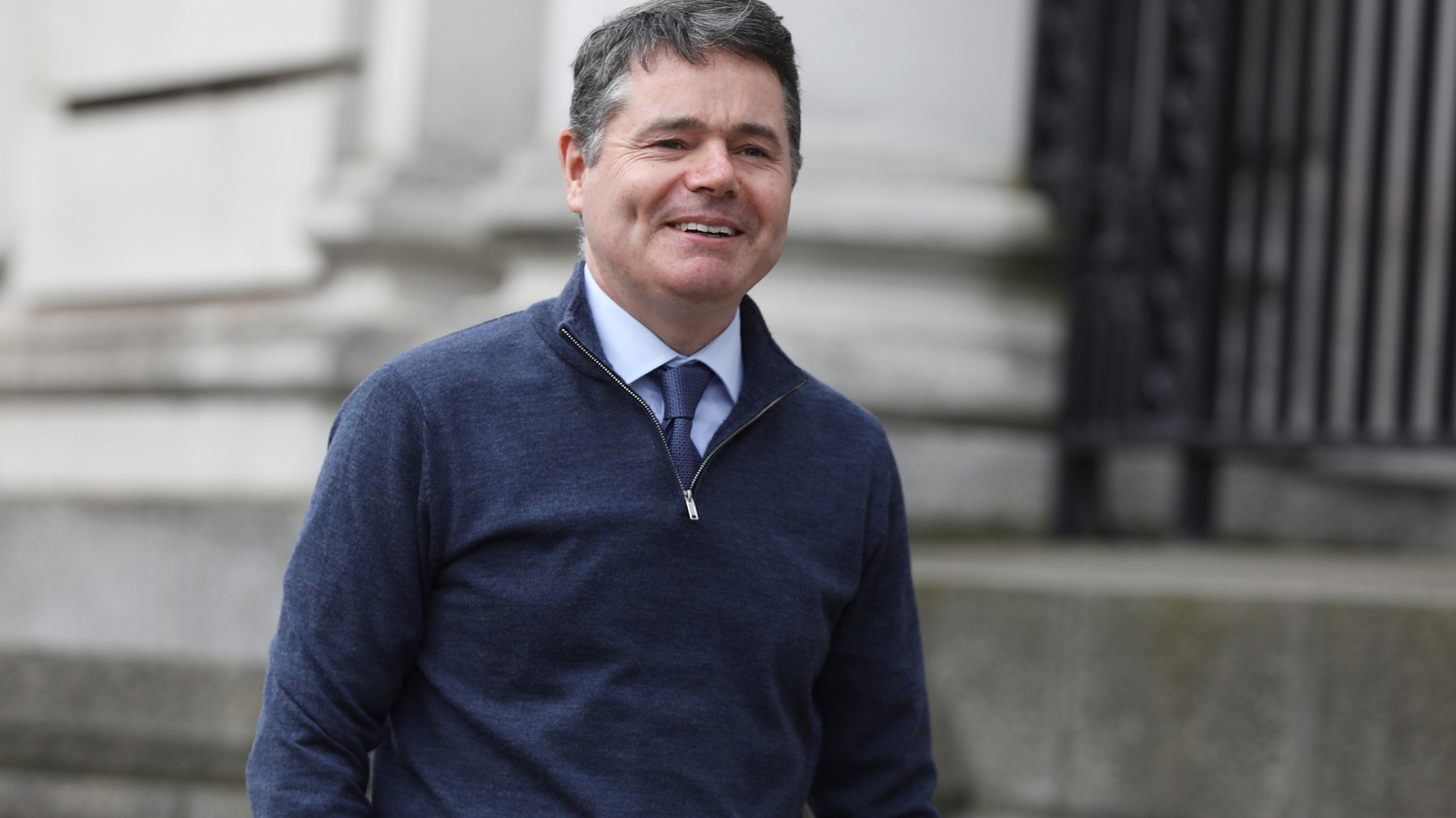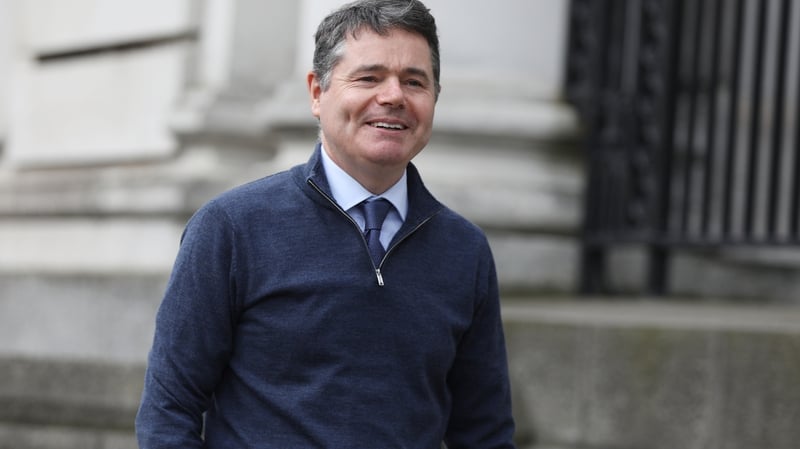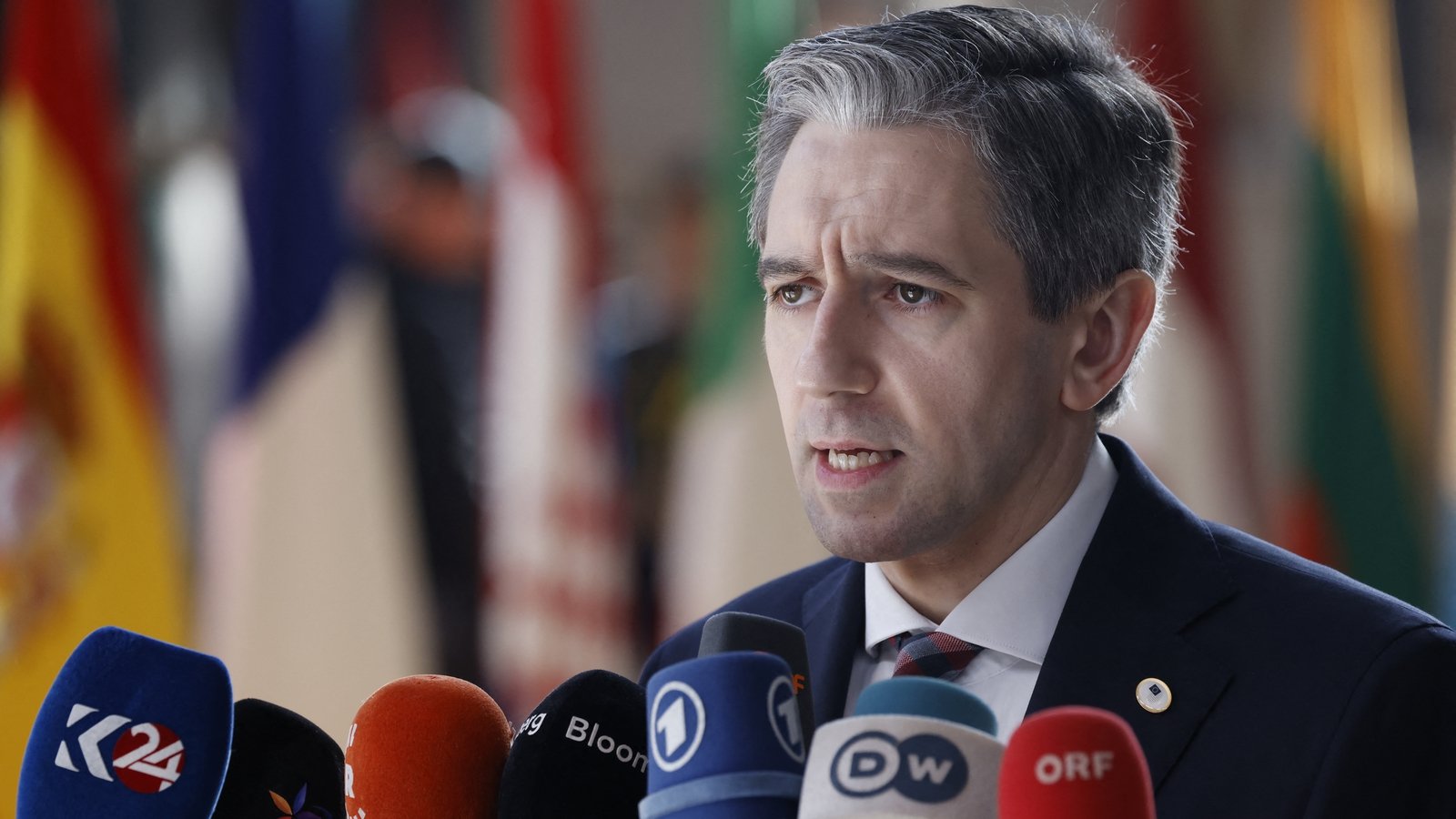Compromise reached on public sector pay deal


Minister for Public Expenditure Paschal Donohoe has said that “after lots of negotiation” and “a very difficult process for both sides of the table”, a “compromise” was reached on a new public sector pay deal.
The new deal will provide for increases of 10.25% over a two-and-a-half year period.
Mr Donohoe said he was not going to go into the details, but said there was movement in lots of areas as well as “goodwill” from both Government and union representatives as a “compromise” was reached on the deal.
He outlined what persuaded him to make some final changes to reach this final agreemeent after talks that continued in the early hours of this morning at the Workplace Relations Commission (WRC).
He told RTÉ’s Today with Claire Byrne: “There were two factors – I do believe that reaching agreement in relation to the value of public wages in the economy over a two and a half year period is really vital in how we can keep and retain and develop our public services and public servants.
“And secondly from a national finance point of view and the competitiveness of our economy this kind of wage growth and knowing where we stand across the next two and half years is really valuable to how we manage our economy and create an atmosphere of stability and certainty.”
The last round of pay talks was adjourned without agreement in the early hours of 11 January.
The Government had offered pay increase of around 8.5% over two-and-a-half years but unions had sought increases worth around 12.5%.
Mr Donohoe acknowledged that there “was little point” in going back to the Workplace Relations Commission and asking unions to move on the original offer of 8% that was presented before Christmas if he wasn’t willing to also do the same.
“I indicated that I did want to try and reach agreement,” he added.
Minister Donohoe reaffirmed his commitment that the remaining small items of Financial Emergency (FEMPI) legislation will be “considerd and changed” during the year.
Financial Emergency (FEMPI) legislation was used to cut the pay of public servants as part of the austerity measures introduced following the financial crash of 2008.
“I gave that public commitment in December and I intend to honour that,” he told the programme.





